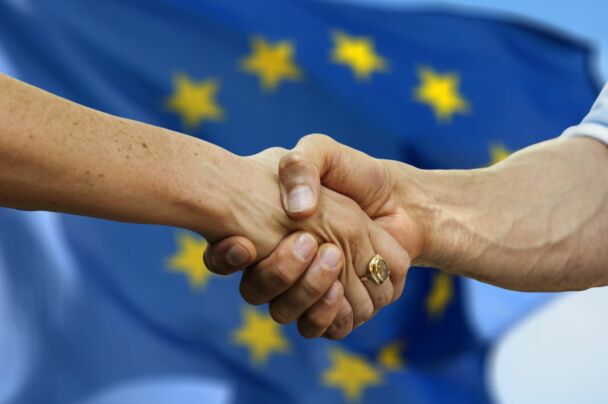Please note: this course is for already accredited schools only. Not accredited? Have a look at this basic course.
Description
The Erasmus Accreditation presents great transformative opportunities for our schools on multiple fronts. It fosters continuing education for the staff, boosts internationalization, and facilitates the sharing of best practices across Europe.
It provides a chance to enhance not only teaching quality and student performance but also overall school life. However, realizing these benefits requires tackling various challenges to maximize the full potential of this valuable resource.
The aim of the course is to explore the common challenges and solutions that project managers and school leaders encounter when implementing their European Development plan through accreditation.
Participants in the course will be guided, step by step, in addressing issues and finding solutions to common problems, including:
- Selecting and preparing participants for mobility;
- Allocating appropriate budgets;
- Identifying suitable courses abroad and ensuring the full utilization of their impact within the home institution;
- Managing the project comprehensively to ensure the entire school community benefits from it.
Throughout the course, participants will engage in group work, dynamic brainstorming activities, and exchange best practices with peers.
This collaborative learning environment will empower them to explore innovative solutions to common challenges, providing a robust toolkit to simplify project management while maximizing the positive impact of accreditation on the school community.
By the end of this course, participants will return to their school equipped with practical skills, valuable insights, and a strategic mindset to navigate the challenges of the Erasmus Accreditation, elevating the overall quality of teaching, student performance, and school life.
What is included
Learning outcomes
The course will help the participants to:
- Learn the most common tools for managing educational projects;
- Manage and allocate funds in an easy way;
- Ensure the accreditation reaches its goal in the home institution;
- Fully exploit the accreditation to improve the quality of their school.
Tentative schedule
Day 1 – You’ve got accredited and now?
- Introduction to the course, the school, and the external week activities;
- Icebreaker activities;
- Presentations of the participants’ schools;
- Building a strong project management team;
- Online Tools for managing your project.
Day 2 – Preparation of the mobility
- Selecting the participants;
- Selecting correct courses;
- Grant agreements and teachers’ contracts.
Day 3 – The mobility
- Grant contracts and mobility documents;
- Mobility reports;
- What have we learned?
Day 4 – After the mobility
- Collecting the right documents and information;
- Dissemination of what we have learned;
- Exploiting what we have learned at best.
Day 5 – Reporting documents and start over
- Mobility form & budgets;
- Implementing change in the schools;
- Selecting new courses and participants for the next year.
Day 6 – Course closure and cultural activities
- Course evaluation: round-up of acquired competencies, feedback, and discussion;
- Awarding of the course Certificate of Attendance;
- Excursion and other external cultural activities.

